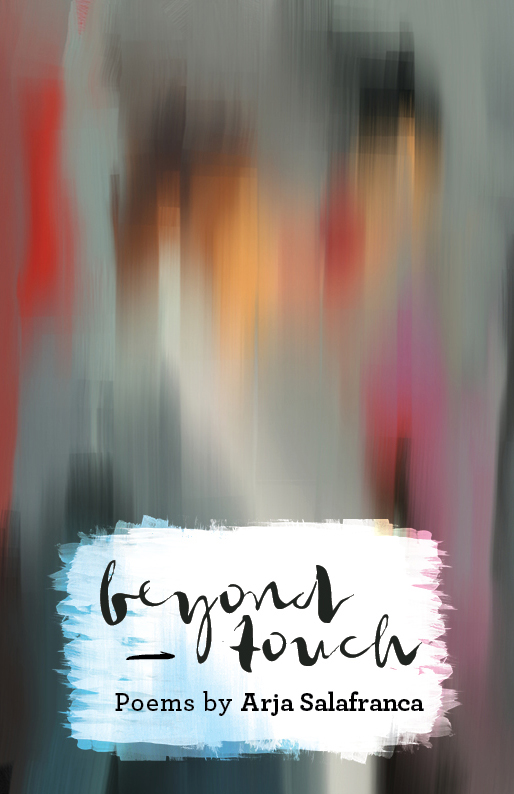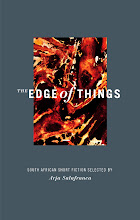 Paul Theroux,
starting in Cape Town and only taking land transport, makes his way through
Namibia and into Angola, a place not known for its travel hot spots. He offers
a compelling, and starkly realistic portrait of this part of the world - from
its small, hopeless towns, ringed by poor slums and townships, to decaying,
corrupt cities such as Luanda. He probes the meaning of slum tourism in Cape
Town - where busloads of tourists pour into the townships, gawking at the poor
who live there – presenting both sides of the debate.
Paul Theroux,
starting in Cape Town and only taking land transport, makes his way through
Namibia and into Angola, a place not known for its travel hot spots. He offers
a compelling, and starkly realistic portrait of this part of the world - from
its small, hopeless towns, ringed by poor slums and townships, to decaying,
corrupt cities such as Luanda. He probes the meaning of slum tourism in Cape
Town - where busloads of tourists pour into the townships, gawking at the poor
who live there – presenting both sides of the debate.
He writes: “This
sort of tourism has been denounced as ‘poverty porn’ and exploitation,
monetising the misery of slum dwellers who had nothing else to offer. For some
day-trippers, the experience was an extreme example of curiosity bordering on
voyeurism, the leering intention of the alien tourist to feel the shiver of difference,
the horror interest that was indistinguishable from slumming. But there were
others - sympathetic, charity-minded outsiders - who were moved to contribute
money as well as to gape, and having seen the slum they were contributing with
a degree of understanding.”
Taking local
transport, such as decrepit 4x4 taxi
that breaks down in the Angolan bush, Theroux is right in the heart of
nowhere, offered a glimpse of life there. Chewing on a piece of leathery,
inedible chicken baptised by clouds of flies, he takes out his notebook,
curiosity intact to ask what the drums in the distance symbolises. It turns out
the young girls in the village are undergoing an initiation of sorts.
Earlier on the
narrative he meets up with the San-speaking “real people” in far east Namibia,
the Ju/’hoansi, a people caught between two worlds, that of the ancient
hunting-gathering world and this modern world and finds them hurtling into the
present, donning T-shirts and embracing the now, skins only put on for the display
of tourists and curious travellers such as Theroux.
He writes: “They
observe the seasons ... years have no meaning, history has no meaning; the past
is simply gone and largely unremembered. ...
 |
| Paul Theroux |
Leaving them he observes
the duality and the Western longing to return to ancient times through our
image of these people: “The image of the Ju/’hoansi we cling to – I did anyway –
is that of a wild-dwelling, self-sufficient people. We seem to need them to be
that way, not merely different from us, and purer, but more different than they
really are – tenacious, resourceful, generous, peaceful as if inhabiting Eden. They
are reminders of who we once were, our ancient better selves. At one time, long
ago, all of us were foragers on earth. What a relief it is in a world yearning
for authenticity to know that though we have blighted our habitat, there is an unspoiled
place on planet, and a people who have defied modernity by clinging to their
old ways. The past recaptured. Isn’t it pretty to think so?”
He visits Windhoek,
a clean orderly city, but like so many in Africa, ringed by poverty in the form
of slums. He visits a game lodge, rides elephants in the Okavango Delta, ponders
the ethics of this, and visits Etosha, home of the mass tourist in Africa, here
to see the game and believing they have found the real deal. Which, as he
points out, they haven’t.
Finally arriving in
Luanda after a spell in the smaller city of Benguela, he alights from his
rickety transport in the suburb of Benfica, “a district of heavy traffic and ugly
buildings, stinking of dust and diesel fumes”. He witnesses the crash of a
small car, a driver emerging with bloodied hands and face, “bystanders laughed.
The bloody-faced man staggered, his arms limp, his mouth agape, like a zombie
released from a coffin. He was barefoot. No one went to his aid. He dropped to
his knees and howled.
“Idiota,’ a man next to me said and spat
in the dust.”
His entry into
Angola’s capital city is a harshly true portrait of the heartlessness that some
cities sear into their people, and cities are not where he wants to be, he
concludes. Luanda lives on the proceeds of its oil-rich reserves – but little of
that wealth reaches the majority of its citizens.
And it is here that
Theroux’s journey will end – disheartened by the grinding poverty and the dust
of corruption that sees a culture of bribery rise up and batter its people into
submission; he acknowledges that there is no more left to see.
The Last Train to Zona Verde is powerful portrait
of a part of Africa.
.





.jpg)
